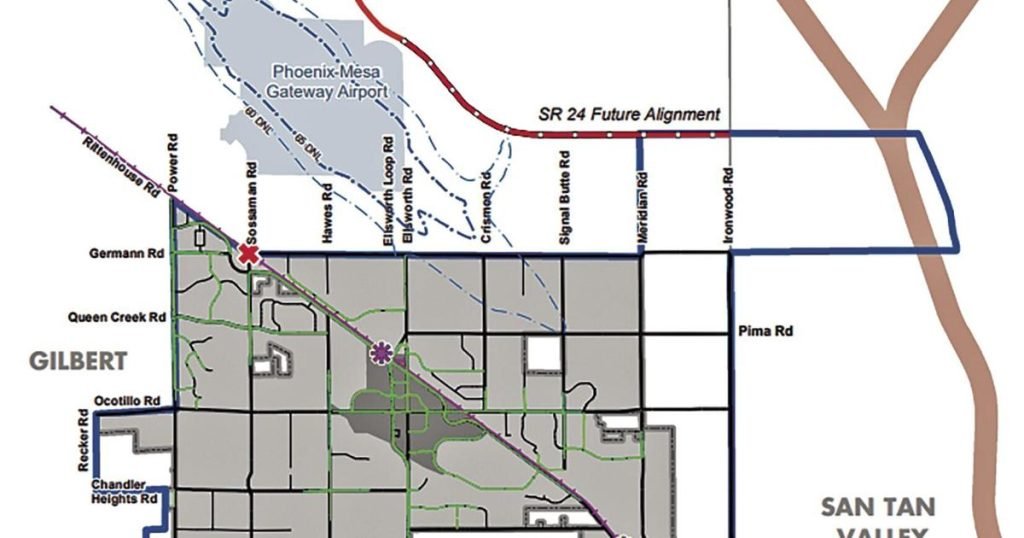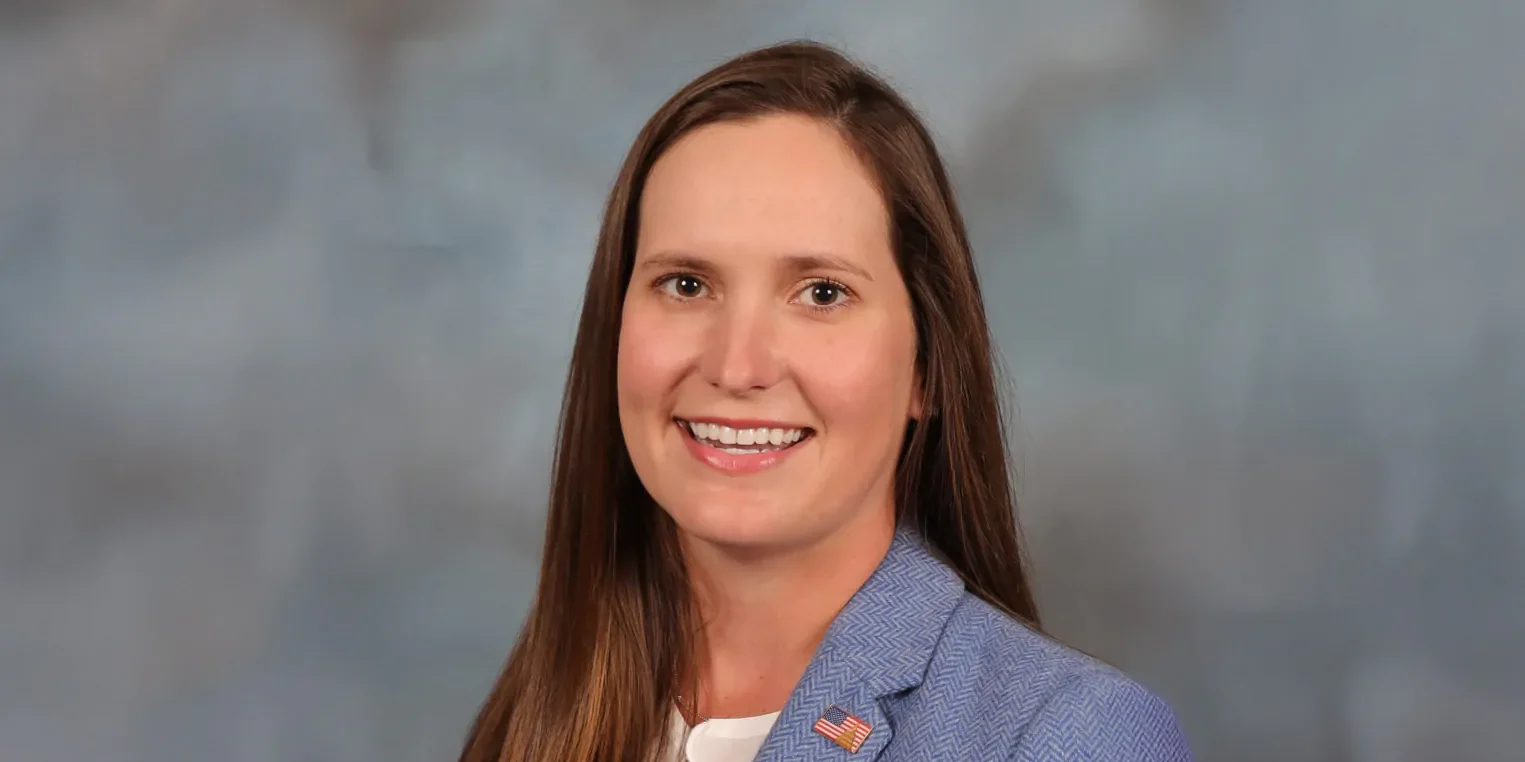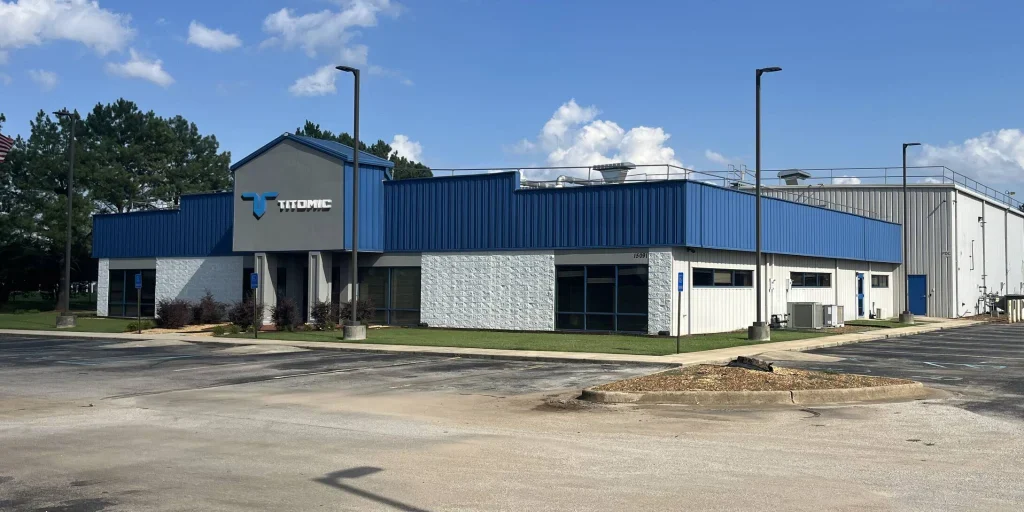The potential elimination of the half-cent sales tax on transportation projects in Maricopa County could cost Queen Creek road congestion relief plans millions of dollars.
Queen Creek Mayor Julia Wheatley said, “We are very disappointed that we weren’t able to get this item in front of the voters.”
“Given that we are a young community and one of the fastest growing communities in the nation, we have many transportation needs and transportation continues to be one of Queen Creek’s top priorities. ”
Unless voters extend it for another 20 years by then, the tax will expire at the end of next year, wiping out revenue that would have generated $20 billion over the next 20 years.
Governor Katie Hobbs last week vetoed a bill passed by Republican lawmakers that was supposed to put the extension to a vote in November.
The bill, which was approved by a partisan vote, would have banned the use of sales taxes to extend the light rail line to the state capitol in Maricopa County, but Republicans criticized it as wasteful.
They wanted to spend more money on highway projects than Hobbes wanted and less money on public transportation.
Queen Creek Republican Senator Jake Hoffman, a leading supporter of tax-free public transit, noted that only three cities have light rail systems.
The bill would also have increased the speed limit on Maricopa County’s highway system to 105 mph.
“I am dedicated to continuing Arizona’s economic growth, building and attracting businesses, and creating high-paying jobs for Arizona’s workers,” the governor said in a statement. “This partisan bill does nothing of the sort.”
Wheatley said even if the bill were to pass, it would be different from the plans approved by the MAG, the region’s 32 mayors, county supervisors and tribal leaders.
“As a result, the interests of Queen Creek and other communities will have to be renegotiated,” she said.
“The Town is committed to continuing to work with local and regional partners on transportation and is exploring all possible alternatives, including legal solutions, to allow voters to consider the MAG-approved plan.” added the mayor.
Major losses will be nearly $150 million to offset the cost of extending State Route 24 from Maricopa County to Pinal County.
Funding to connect several of Queen Creek’s major highways to SR 24, a key highway for the future of the town that will attract businesses, reduce traffic congestion, and facilitate commuting for residents. will also be lost.
“Plans approved by MAG include Queen Creek with $148 million to complete State Route 24 in Maricopa County and extend to Pinal County with planned full interchanges at Signal Butte and Meridian. It includes direct benefits to ,” Wheatley said.
This connectivity and access to other area highways is the cornerstone of the town’s own transportation plans for the future.
SR24 “provides vehicles with another option for future access to US60 and Loop 202 via connections to Signal Butte and Ironwood Roads, and is part of the Superstition Vista land within the urban planning area. provide access to the city,” the town’s master plan states.
The city of Queen Creek could lose $156 million to its highway network, in addition to the $148 million lost to the SR 24 connection, but Wheatley said, “The town’s Local investments in fast-growing populations will allow us to complete improvements for our residents sooner.”
The list of most expensive trunk line projects includes expansions such as:
Built the Hunt Highway between Power Road and Ellsworth Road at a cost of $22.9 million.
Sossaman Road between Ocotillo Road and Riggs Road, $14.4 million.
Construction of Meridian Road between Germann Road and SR 24 for $16.9 million.
The Power Road between Riggs Road and Hunt Highway is $9 million.
Riggs Road between Signal Butte and Meridian Road, $10.9 million.
The Arizona legislature is adjourned until July 31, and there is no guarantee it will revive the bill when it reconvenes.
Rep. David Livingston told the Capitol News Service that “this will be the only bill on the tax extension that will pass this Congress.” “This is the only bill voters have the opportunity to vote on.”
Hobbes called on lawmakers to go back and vote on what she called “a compromise favored by both houses, business and Labor leaders, and a bipartisan majority in the city of Maricopa County.”
















